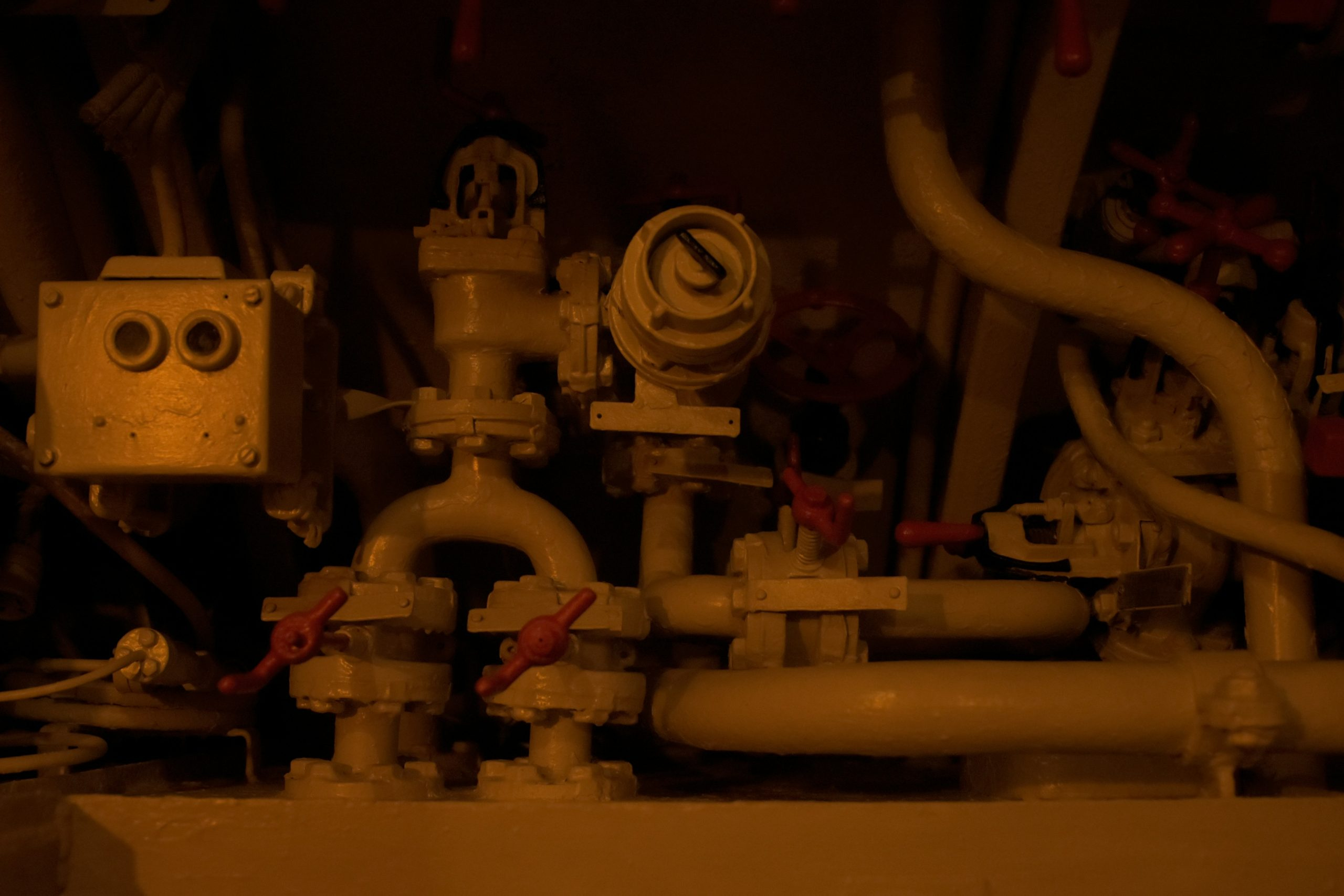The Unseen Power: Understanding Watts and BTUs in Appliances
If you’ve ever shopped for appliances, you’ve probably come across the terms “watts” and “BTUs” when looking at the specifications. But what exactly do these numbers mean, and why are they important? The truth is, watts and BTUs are not just random numbers, they actually play a crucial role in the functionality and efficiency of your appliances. In this article, we’ll dive into the unseen power of watts and BTUs in appliances to help you better understand these important measurements. So, sit back, relax, and let’s shed some light on this confusing yet essential topic.
The Basics: What Are Watts and BTUs?
In simple terms, watts and BTUs are units of measurement that indicate the energy consumption and heat output of appliances. Watts measure the amount of electrical power an appliance uses, while BTUs (British Thermal Units) measure the amount of heat produced by appliances. Both of these units are used to determine the efficiency and output of appliances, and understanding how they work together is crucial in choosing the right appliances for your home.
The Relationship Between Watts and BTUs
The energy usage of an appliance can be calculated by multiplying its watts by the number of hours it is in use. For example, if an appliance has a wattage of 100 and it’s used for 2 hours, it will consume 200 watt-hours of energy. Similarly, the heat output of an appliance can be calculated by multiplying its BTUs by the amount of time it is in use. This calculation is important because it helps you determine the cost and efficiency of using a specific appliance.
The Importance of Watts in Appliances
Watts are a crucial factor to consider when buying appliances because they directly affect the amount of energy your appliance will consume. The higher the wattage, the more electricity your appliance needs to function. This is why it’s important to choose appliances with lower wattage, as they will consume less energy and save you money on your electric bill in the long run.
Watts and Energy Efficiency
Energy efficiency is a hot topic in today’s world, and for good reason. With the rising cost of energy and the environmental impact of excessive energy consumption, it’s important to choose appliances that are energy efficient. Appliances with lower wattage will consume less energy, thus reducing their impact on the environment and helping you save on your bills. When shopping for appliances, look for the Energy Star logo, which indicates that the product meets strict energy efficiency guidelines set by the U.S. Environmental Protection Agency.
The Importance of BTUs in Appliances
Now that we’ve covered the significance of watts, let’s shift our focus to BTUs. BTUs are a crucial factor in determining the heat output of appliances, and this is especially important for appliances that produce heat, such as heaters, ovens, and stoves. It’s essential to choose appliances with the right amount of BTUs to ensure they can effectively heat your space or cook your food.
Choosing the Right BTUs for Your Appliances
When it comes to appliances that produce heat, such as heaters or stoves, it’s important to choose the right amount of BTUs. An appliance with too few BTUs will not effectively heat your space or cook your food. On the other hand, an appliance with too many BTUs will consume excess energy and may overheat your space or burn your food. It’s important to carefully consider the BTUs of an appliance before making a purchase to ensure it is the right fit for your needs.
In Conclusion
Watts and BTUs are not just random numbers listed in the specifications of appliances. They are essential units that play a crucial role in the functionality, efficiency, and cost of running appliances. When shopping for appliances, be sure to consider the watts and BTUs to ensure you are making an informed decision. By understanding the power of these units, you can make wiser and more energy-efficient choices for your home, ultimately saving you money and reducing your environmental impact. So, now that you have a better understanding of the unseen power of watts and BTUs in appliances, you can confidently choose the right appliances for your needs.










